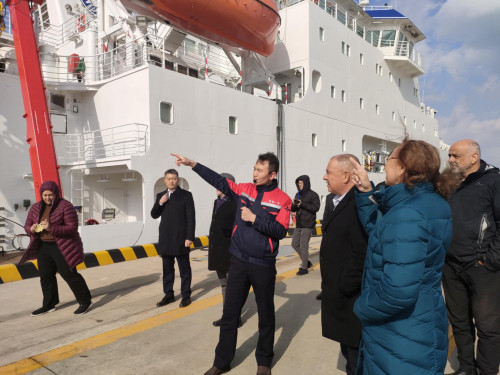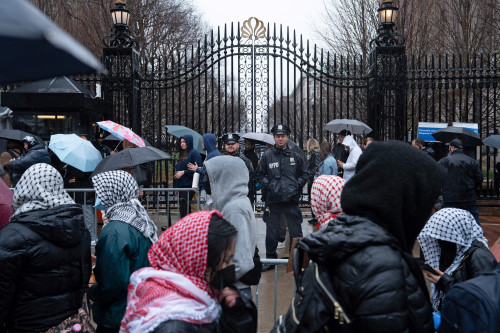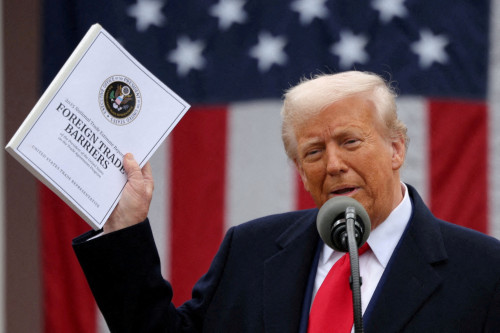By Lucy Craymer and Renju Jose
WELLINGTON (Reuters) -A strategic partnership deal between China and the Cook Islands spans areas from deep-sea mining to education scholarships but excludes security ties, a document released by the Pacific island nation’s government showed.
Western nations that traditionally held sway in the region have become increasingly concerned about China’s plans to increase influence after Beijing signed defence, trade and financial deals with Pacific countries in the last three years.
Amid domestic criticism of lack of transparency, the government unveiled the action plan for the deal on Monday in the Cook Islands, in response to calls from New Zealand, which had not been consulted, despite constitutional ties.
“This does not replace our longstanding relationships with New Zealand, Australia, and others, but rather complements them, ensuring that we have a diversified portfolio of partnerships,” Prime Minister Mark Brown told the Cook Islands parliament.
“We are strengthening economic diplomacy through initiatives like our comprehensive strategic partnership with China,” he added, pointing to opportunities on offer in areas such as trade, infrastructure, and ocean resources.
Opposition has grown in the Cook Islands to any threat its pacts with China pose to close ties with New Zealand, and Brown’s government faces a no-confidence vote in parliament due after February 25 called by opposition parties.
Brown’s remarks, which also expressed confidence in Cook Islands’ ability to protect its interests, followed a protest march to parliament in the capital of Avarua backing ties with New Zealand.
“Stay connected with New Zealand,” read one placard held by protesters, who also brandished huge replicas of New Zealand passports.
“The first concern is the lack of consultation not only with us Cook Islanders but also with New Zealand,” said opposition leader Tina Browne, who had pushed for transparency on the deal.
China will give a one-time grant of about $4 million to the nation of 15,000, Brown told reporters after his return home from Beijing.
New Zealand raised concerns about his visit to China as it had not seen in advance the agreements signed, despite having asked to review them.
A spokesman for New Zealand’s deputy prime minister said he looked forward to the release of all the pacts signed on the trip.
The neighbouring government would need to analyse the contents of the pact released on Monday and its implications for New Zealand and the people of Cook Islands, whose government it intends to engage with in the coming days, he added.
Situated halfway between Hawaii and New Zealand, the self-governing Cook Islands can interact with the international community as an independent state.
The neighbours have committed to consulting on security, defence and foreign relations. New Zealand also provides some budget support and commits to defend the people, who are its citizens.
Seabed mining, hydrography, disaster relief and cultural ties are areas the pact earmarks for cooperation.
It does not explicitly mention security, but the prospect of greater maritime cooperation could fuel concern over potential military use of information and marine infrastructure.
While New Zealand has previously quashed the Cook Islands’ aspirations of joining the United Nations without becoming independent, Monday’s action plan says China will back its hopes to widen membership of global bodies.
(Reporting by Renju Jose in Sydney; Editing by Nick Zieminski and Clarence Fernandez)









